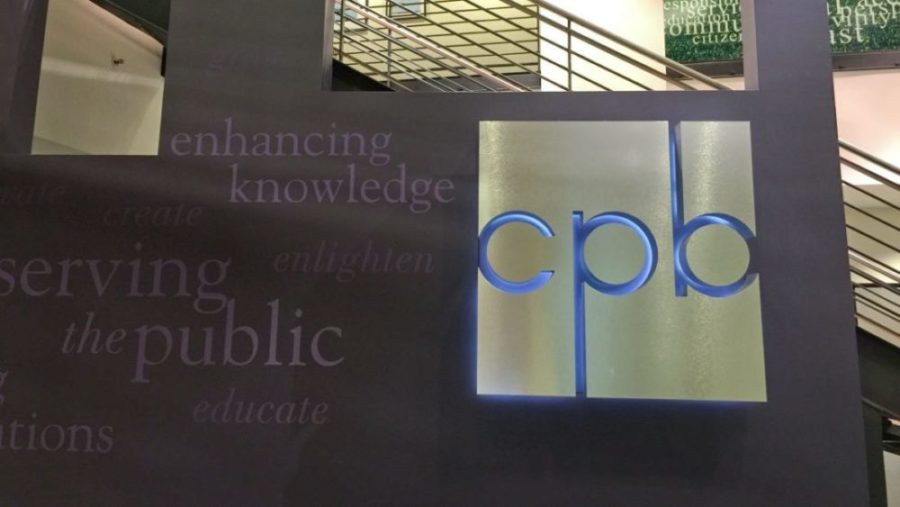Facing Trump threat, CPB amends bylaws to protect directors from removal

Dru Sefton / Current
CPB amended its bylaws Thursday to say that no one, including the president, can remove its directors without a vote of approval from at least two-thirds of the other directors.
CPB’s board approved the change following a hearing Wednesday in the corporation’s case against President Donald Trump. The judge conducting the hearing suggested such a move.
CPB sued Trump and other administration officials in the U.S. District Court for Washington, D.C., after the deputy director of presidential personnel for the executive office of the president told board members Laura G. Ross, Diane Kaplan and Tom Rothman in an email that their CPB positions were terminated.
During the hearing, Judge Randolph D. Moss said he thought CPB’s board could “protect itself if it wanted to be protected” by amending its bylaws.
He said CPB could “simply say in its bylaws that someone can only be removed with the concurrence of the majority of the board, and they just didn’t do that.”
A CPB spokesperson provided the amended bylaw to Current. It now reads:
No Director may be removed from the Board by any person or authority, including the President of the United States, without a two-thirds vote of the other Directors confirming such removal. In the event the Corporation’s President appoints one or more members of the Designated Body, such members may not be removed from the Designated Body by any person or authority, including the President of the United States, without a two-thirds vote of the other Directors and serving members of the Designated Body confirming such removal.
CPB has argued in court filings that the president does not have authority over it.
“When Congress created the CPB, it stated clearly that the CPB is not ‘an agency or establishment of the United States Government,’” CPB said.
But the Department of Justice has argued in court documents that CPB is governmental, noting that it was created by the government to serve governmental purposes, its board is appointed by the government, and it is primarily funded by the government.
The DOJ also said that D.C. law specifies that a director can be removed by the person, other than members, who appoints that director.
“Any way you slice it, under executive removal precedents or under D.C. corporate law, the President’s power to remove CPB Board members at will is incident to his power to appoint them,” DOJ said.
Moss said he would make a decision in the preliminary injunction hearing before the CPB board’s next scheduled meeting in June.






